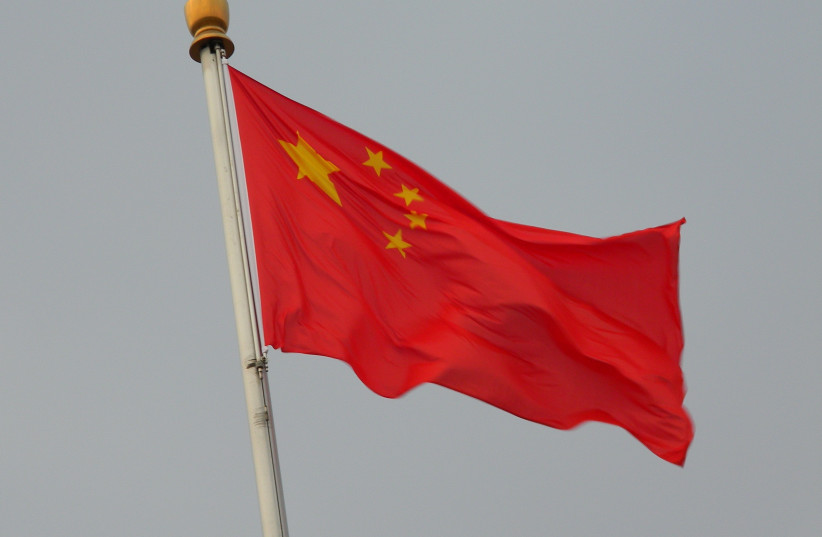In the last two decades, Israel-China relations have improved amid Beijing’s deepening interest in the Middle East and its emergence as a global power. However, US-China tensions and China’s recent decision to embrace a 25-year deal with Iran have raised eyebrows.
Trade with China has improved. A June article at INSS [Institute for National Security Studies] by Tomer Fadlon notes that “trade relations between Israel and China have been consistently and continuously trending upward, especially when it comes to goods.” In 2022, trade amounted to $17.62 billion, compared to $11.83b. in 2020.
Prime Minister Benjamin Netanyahu has signaled an interest in going to China. In 2018, China’s vice-president Wang Qishan came to Israel for a four-day visit.
Beijing recently brokered Saudi Arabia-Iran reconciliation, and it has been behind the push to expand groups like BRICS and the SCO into the region. China has also expressed some interest in brokering peace between Israel and the Palestinians.
Concerns over Israel's ties with China
Yet concerns remain. In the wake of the pandemic and rising US-China ties, there is more focus on the Jewish state’s ties to Beijing and what China may be up to in the region. The US has expressed concerns about any China mega-business deals in Israel that might touch on strategic infrastructure, such as the Haifa Port. There is also concern about other technologies.

Washington has said it doesn’t want Israel to decouple from China, but rather to secure things that might be important. Israel’s hi-tech sector, for instance, pioneers issues relating to artificial intelligence. Israel’s defense industry is also increasingly important and tied to US partners.
US concern over China’s role in the Gulf has likely meant there are also concerns about sales of F-35s or other advanced defense technologies to anywhere that China might be too entwined with.
Israel-China ties flourished under Netanyahu’s more than a decade in office. But US-China tensions grew along with Beijing’s decision to work more closely with Iran and Russia and be more open in its muscular diplomacy that might upend US hegemony.
The US is Israel’s closest ally. As such, Israel must listen to concerns about China when Washington expresses them. On the other hand, Washington sometimes changes tack and chooses to be more open to warming ties with Beijing. Assaf Orion noted in a January article at the Washington Institute for Near East Policy that “as Netanyahu promotes widened economic relations with Beijing, he must remain mindful of how his predecessors weighed Washington’s deep strategic concerns about national security and technology.”
This is the crossroads Israel finds itself in.
Some of the journey may be decided for Israel, since companies working with US partners will prefer the West to China – and police themselves. In addition, China has become more critical of Israel over conflicts such as Gaza.
It remains to be seen if China’s support of Iran-Saudi reconciliation might also lead to Beijing encouraging Saudi-Israel ties. China appears to be investing heavily in the Gulf, and the Abraham Accords clearly mean Israel is also more present in the Gulf.
As such, there is much to think about in terms of how Israel-China ties move forward and China plays a larger role in the Middle East.
